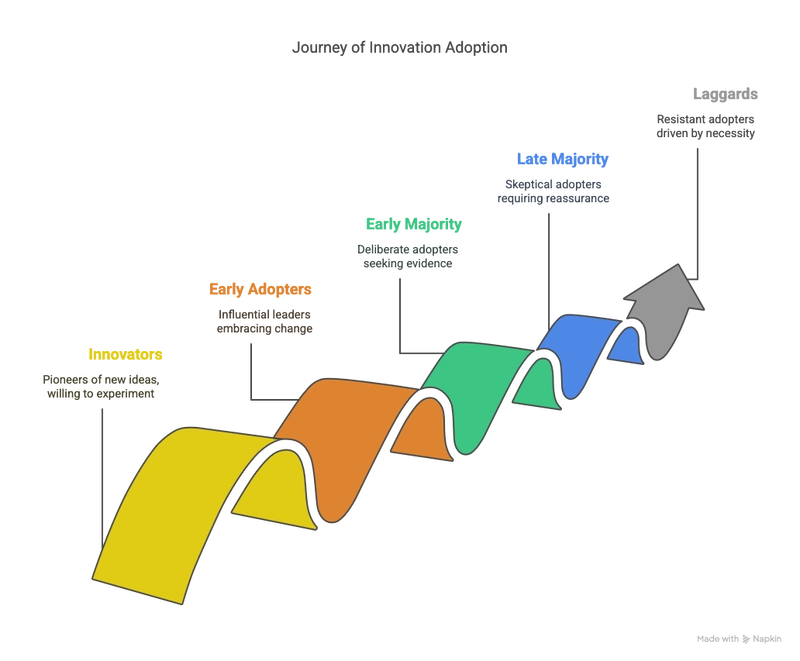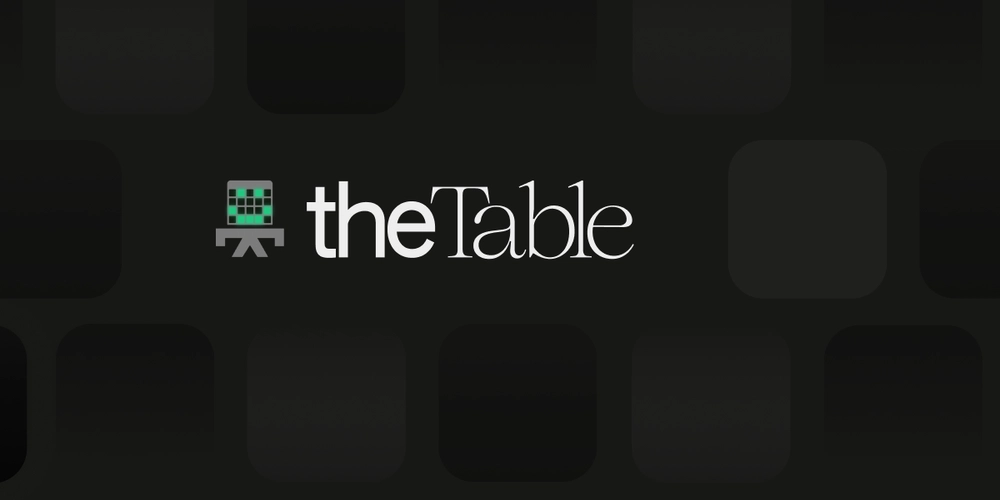How you can achieve all AWS certifications and get the golden jacket - Part 1
So, you're thinking about getting all AWS certified. It might be a long road ahead to get the golden jacket, but now is the best time as you only have to get 12 AWS certifications (as at 5 April 2025). What is the golden jacket? It's awarded to anyone that passes all the AWS certifications that are generally available at the time. It doesn't include any certifications in beta. You also not only need to pass them, but need to have it active and not expired. This does get tricky as you'll need to re-certify in time if your certification is up for renewal. Why get AWS certified? I always get asked the question, why did you decide to get all 14 AWS certifications? What motivated me? The answer is... the same reason people decide to run a marathon. If you've never run long distances before, the first 5k are going to be painful. You're going to be out of breath, you might even get a stitch on the side while running and your legs are going to hurt. You might even think about quitting before you finish running because it's too hard. I also consider myself a life-long learner and on the quest for knowledge. Certifications are like running a marathon After conquering the first 5k, it's going to get easier, bit by bit. Then you might start entering your first official 5k race, you get through that race, maybe even get a personal best time. You feel that accomplishment and you're super keen to run the next longer race. Maybe a 10k or even a half marathon? You can apply the same concept for starting out with AWS Cloud Practitioner. Especially if you're just starting out in cloud or even tech, the concepts might be difficult to grasp at first. But once you pass your first exam, you'll be hooked on the adrenaline rush just like running. Now that you've finished the first 5k, what about the next 10k? That's your AWS Solutions Architect certification. My first AWS certification I started out with the AWS Solutions Architect certification back 10+ years ago, where AWS Cloud Practitioner certification didn't even exist. As a Systems Administrator(these days you would call the role a DevOps/Platform/Cloud Engineer), cloud was new and we were very much tied to on-premises workloads. Even the CIO and CEO was scared of the cloud as it was talked about as something that they should be afraid of, due to potential security impacts to their current environment. I wish that I could travel back in time and tell the CIO and CEO what I know now. The collection of best practices, The Well Architected Framework goes through "security in the cloud" vs "security of the cloud". As customers we still need to be responsible for what we run on the Cloud. Ultimately, we still need to have an internal security policy that we base our security configurations in the cloud. Most times, organisations that I've spoken to over the years don't have one or if they do, the cloud team are not aware of it. But I digress... As a Systems Administrator back then, I was happy running Virtual Machines on VMware in our own private cloud. I hadn't heard of what cloud was until that fateful day... An application vendor came in and he was flustered, he told me that our CIO was worried about using an application running in the Cloud due to potential security risks. So he was asked to re-deploy this app in our private cloud on VMware instead. I can tell he wasn't happy and I was tasked to create him a LAMP stack ASAP. The app was deployed successfully and was up and running in no time. I did get curious around cloud at this point though. What is it about cloud that people were so fearful of? There was only one way to find out... getting certified! Changing roles from Systems Administrator to Solutions Architect Back then, I used A Cloud Guru (now Pluralsight) and free AWS training content to start studying. Getting hands-on definitely helped, especially getting to know the foundations of compute and storage that I was familiar with. Amazon EC2, Amazon S3, AWS IAM at the time was an easy concept that I could grasp based on experience. Perhaps it helped that there weren't 200+ services back then. Once I passed my exam, I started to think whether there were opportunities elsewhere. Internally, the organisation was nowhere close to using cloud at that time. So I took a bet and started a contracting job for another organisation that required cloud skills. During my role there as a Solutions Architect, I was able to run demos and deliver results quickly using my newly acquired skills. Now I could match my newly found skills with my day to day role. There were times that were challenging, people would ask why should you use cloud vs on-premises to run applications. I still feel that's a common theme across any organisation even now, where people are afraid of change. As a recent example, the use of generative AI across organisations. Is your company embracing it investing in generative AI projects with
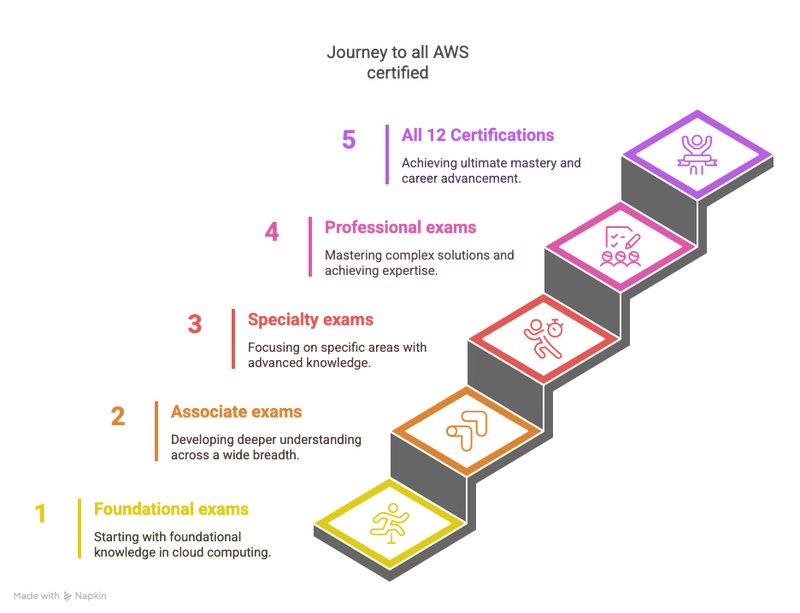
So, you're thinking about getting all AWS certified. It might be a long road ahead to get the golden jacket, but now is the best time as you only have to get 12 AWS certifications (as at 5 April 2025).
What is the golden jacket? It's awarded to anyone that passes all the AWS certifications that are generally available at the time. It doesn't include any certifications in beta.
You also not only need to pass them, but need to have it active and not expired. This does get tricky as you'll need to re-certify in time if your certification is up for renewal.
Why get AWS certified?
I always get asked the question, why did you decide to get all 14 AWS certifications? What motivated me?
The answer is...
the same reason people decide to run a marathon.
If you've never run long distances before, the first 5k are going to be painful.
You're going to be out of breath, you might even get a stitch on the side while running and your legs are going to hurt.
You might even think about quitting before you finish running because it's too hard.
I also consider myself a life-long learner and on the quest for knowledge.
Certifications are like running a marathon
After conquering the first 5k, it's going to get easier, bit by bit.
Then you might start entering your first official 5k race, you get through that race, maybe even get a personal best time. You feel that accomplishment and you're super keen to run the next longer race. Maybe a 10k or even a half marathon?
You can apply the same concept for starting out with AWS Cloud Practitioner. Especially if you're just starting out in cloud or even tech, the concepts might be difficult to grasp at first. But once you pass your first exam, you'll be hooked on the adrenaline rush just like running.
Now that you've finished the first 5k, what about the next 10k? That's your AWS Solutions Architect certification.
My first AWS certification
I started out with the AWS Solutions Architect certification back 10+ years ago, where AWS Cloud Practitioner certification didn't even exist. As a Systems Administrator(these days you would call the role a DevOps/Platform/Cloud Engineer), cloud was new and we were very much tied to on-premises workloads. Even the CIO and CEO was scared of the cloud as it was talked about as something that they should be afraid of, due to potential security impacts to their current environment.
I wish that I could travel back in time and tell the CIO and CEO what I know now. The collection of best practices, The Well Architected Framework goes through "security in the cloud" vs "security of the cloud". As customers we still need to be responsible for what we run on the Cloud. Ultimately, we still need to have an internal security policy that we base our security configurations in the cloud. Most times, organisations that I've spoken to over the years don't have one or if they do, the cloud team are not aware of it. But I digress...
As a Systems Administrator back then, I was happy running Virtual Machines on VMware in our own private cloud. I hadn't heard of what cloud was until that fateful day...
An application vendor came in and he was flustered, he told me that our CIO was worried about using an application running in the Cloud due to potential security risks. So he was asked to re-deploy this app in our private cloud on VMware instead. I can tell he wasn't happy and I was tasked to create him a LAMP stack ASAP.
The app was deployed successfully and was up and running in no time.
I did get curious around cloud at this point though. What is it about cloud that people were so fearful of? There was only one way to find out... getting certified!
Changing roles from Systems Administrator to Solutions Architect
Back then, I used A Cloud Guru (now Pluralsight) and free AWS training content to start studying. Getting hands-on definitely helped, especially getting to know the foundations of compute and storage that I was familiar with. Amazon EC2, Amazon S3, AWS IAM at the time was an easy concept that I could grasp based on experience. Perhaps it helped that there weren't 200+ services back then.
Once I passed my exam, I started to think whether there were opportunities elsewhere. Internally, the organisation was nowhere close to using cloud at that time. So I took a bet and started a contracting job for another organisation that required cloud skills.
During my role there as a Solutions Architect, I was able to run demos and deliver results quickly using my newly acquired skills.
Now I could match my newly found skills with my day to day role.
There were times that were challenging, people would ask why should you use cloud vs on-premises to run applications.
I still feel that's a common theme across any organisation even now, where people are afraid of change.
As a recent example, the use of generative AI across organisations. Is your company embracing it investing in generative AI projects with guardrails, or steering clear of any mention of generative AI?
Ask yourself, are you happy with your current organisation and the technical direction? If you feel that you're a pioneer, but cannot use your skills in your current organisation, you need to re-think about what's best for your growth.
So what's the best way to pass all the AWS certifications?
As Andy Jassy would say:
There's no compression algorithim for experience
You can learn quickly if you start building on AWS at work.
But what if you're not experienced or not using AWS in your day to day role? Are you doomed? Not quite...
With or without experience on AWS, you will need to study and get hands on. It's the best way to learn and everyone has to start somewhere.
Stay tuned for part 2 of this blog where I go through the study resources that I used to get AWS certified...











































































































































































![[The AI Show Episode 142]: ChatGPT’s New Image Generator, Studio Ghibli Craze and Backlash, Gemini 2.5, OpenAI Academy, 4o Updates, Vibe Marketing & xAI Acquires X](https://www.marketingaiinstitute.com/hubfs/ep%20142%20cover.png)















































































































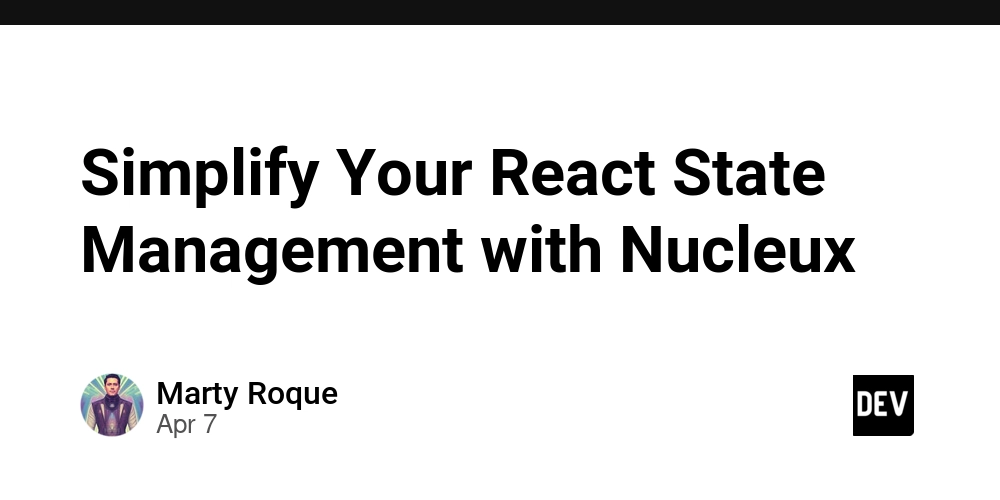
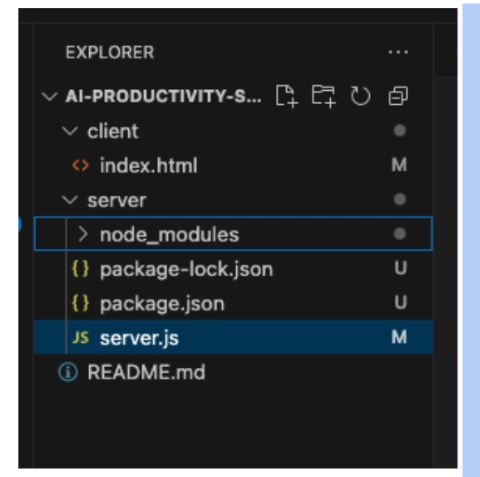

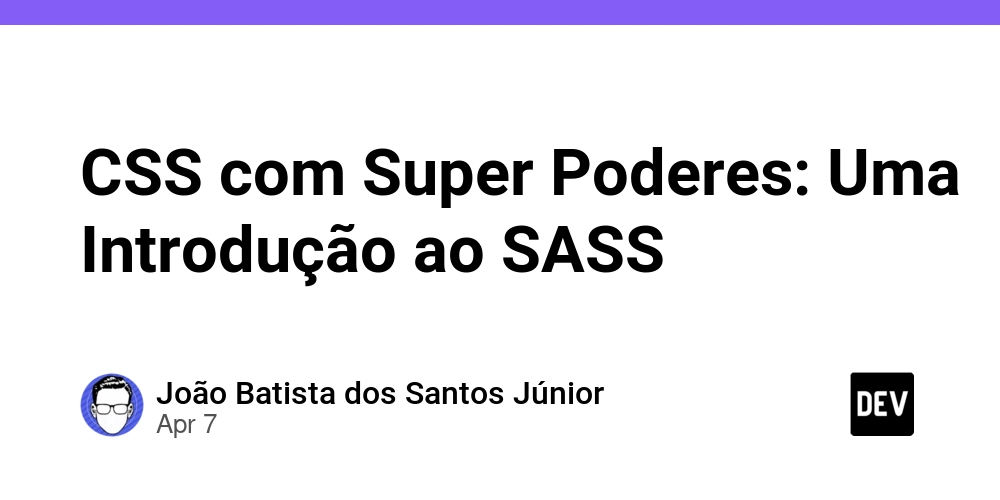









![[DEALS] The Premium Learn to Code Certification Bundle (97% off) & Other Deals Up To 98% Off – Offers End Soon!](https://www.javacodegeeks.com/wp-content/uploads/2012/12/jcg-logo.jpg)


![From drop-out to software architect with Jason Lengstorf [Podcast #167]](https://cdn.hashnode.com/res/hashnode/image/upload/v1743796461357/f3d19cd7-e6f5-4d7c-8bfc-eb974bc8da68.png?#)








































































































.png?#)

































_Christophe_Coat_Alamy.jpg?#)
 (1).webp?#)





































































































![Apple Considers Delaying Smart Home Hub Until 2026 [Gurman]](https://www.iclarified.com/images/news/96946/96946/96946-640.jpg)
![iPhone 17 Pro Won't Feature Two-Toned Back [Gurman]](https://www.iclarified.com/images/news/96944/96944/96944-640.jpg)
![Tariffs Threaten Apple's $999 iPhone Price Point in the U.S. [Gurman]](https://www.iclarified.com/images/news/96943/96943/96943-640.jpg)

































































































































